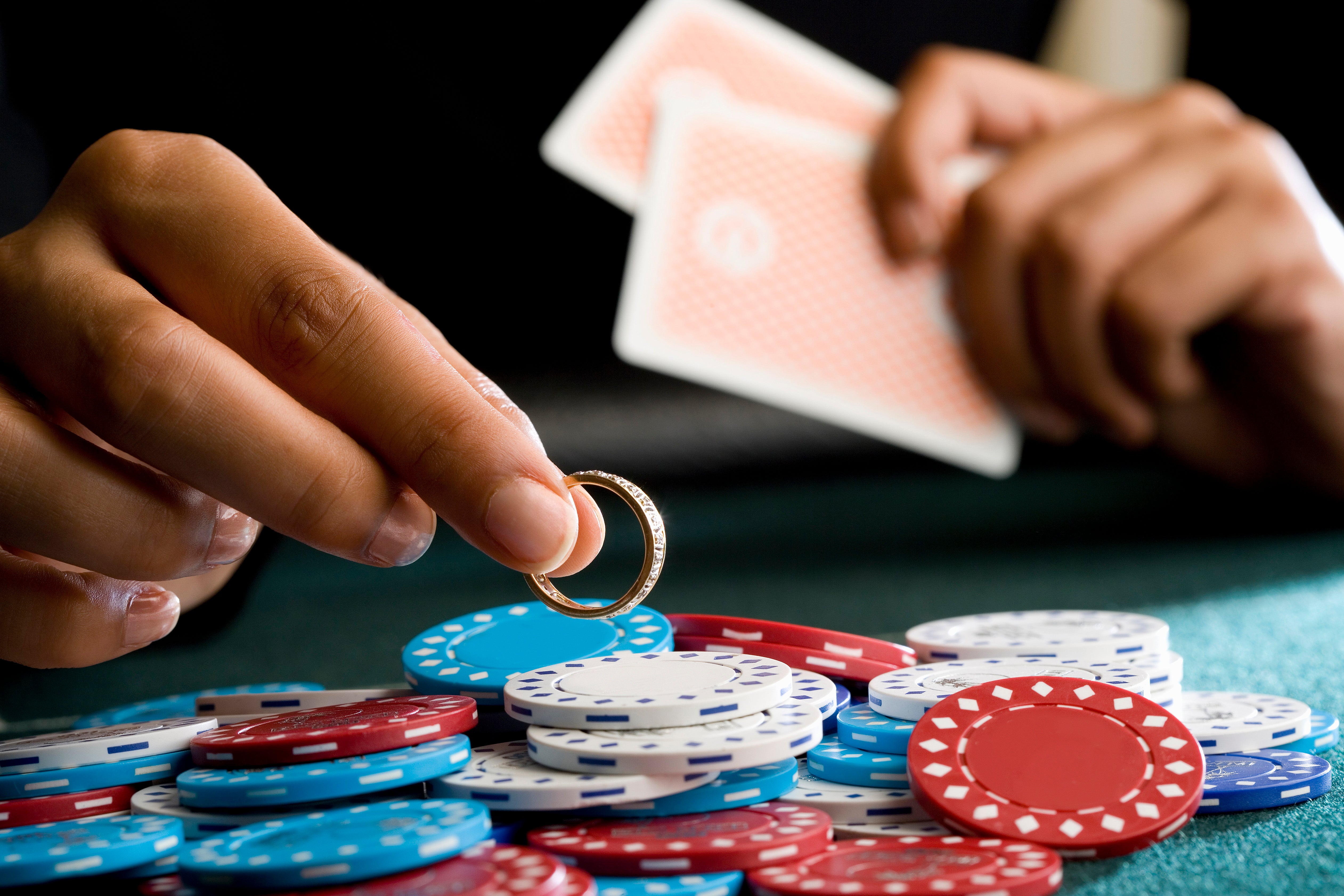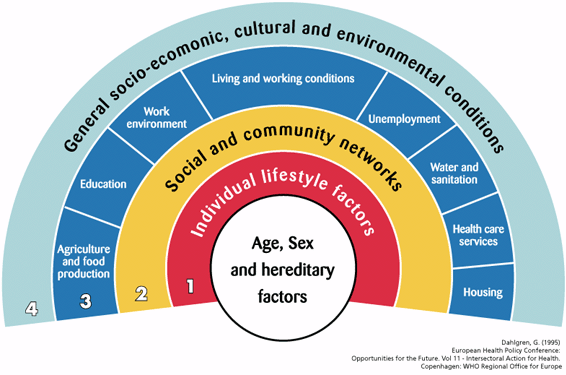고정 헤더 영역
상세 컨텐츠
본문


People gamble for a whole range of reasons. While gambling moderately is not a problem, gambling can become an addiction and can be harmful to our mental health.
Gambling Disorder Services, administered by the Behavioral Health and Developmental Disabilities Administration, are contractually provided by Health Management Systems of America (HMSA), NorthCare Network, Northern Michigan Regional Entity (NMRE), Lakeshore Regional Entity (LRE), Southwest Michigan Behavioral Health (SWMBH), Mid-State Behavioral Health (MSBH), Community Mental Health Partner of Southeast Michigan (CMHPSM) and the Detroit-Wayne Mental Health Authority (DWMHA). Migraine, insomnia, depression, intestinal disorders, and other stress-related issues can affect partners of people with problem gambling as well as the gamblers themselves, says Griffiths. Gambling might also be negatively affecting our finances, personal relationships, mental and physical health, and, though we might not be completely aware of it, our reputation. Gambling as a form of recreation and entertainment can have a positive impact on your mental health. However, gambling can become a problem when it cannot be controlled and when it significantly affects your finances, relationships, and even workplace.
Why do we gamble?
People gamble for a variety of reasons, including:
How Gambling Affects Mental Health
- the buzz, the excitement, and the high adrenaline release
- the competitive element - trying to beat other players, the bookie, or the dealer
- the thrill of risk taking, of placing large bets
- to solve financial problems
- a way of escaping from stress or worries.
Sensible gambling
Some people say that there is no such thing as safe gambling. Others argue that gambling is like drinking alcohol - it's safe to do as long as you follow some sensible rules.
- Keep away from high-risk forms of gambling where you can lose large sums of money very quickly.
- Limit the amount of time you gamble. This will give you time to do other, more important things with your life.
- Limit the amount you spend to the amount you can afford to lose. When you have spent this much, walk away.
- Quit while you are ahead. If you continue, you are likely to lose because the odds are always stacked against you. That's how bookies and the casinos make their money.
When gambling becomes a problem
For most of us, gambling is a harmless activity. But, for some people, gambling is a way of life, an addiction that can wreck their lives.
You may be a compulsive gambler if:
- you spend more money on gambling then you can afford. If you continue to gamble, you could get into serious debt. You could also lose your home and your possessions
- you spend so much time gambling that you neglect other important areas of your life, like your family or your work. You could lose your job or end up divorced or separated from your partner and children
- your feelings and behaviour change. For example, you may become depressed when you lose or over-excited when you win. In serious cases, you may feel that you are only really alive when you gamble
- it leads you to inappropriate or even criminal behaviour. For example, you may lie to family and friends about your gambling activities or you may steal to fund your gambling habit.
Questions to ask yourself
If you think you may have a gambling problem but are not sure, ask yourself:
- Is gambling making me unhappy at work or at home?
- Is gambling making it hard to sleep at night or concentrate during the day?
- Am I lying to other people and myself about how much I gamble?
- Am I gambling to get away from problems or worries?
- Am I gambling to get money - so that I can pay off debts or solve financial problems?
- Am I borrowing money or selling possessions so that I can gamble?
- If I have just won or just lost, do I feel I need to gamble just a little bit more?
If you answered yes to any of these questions, then you may have a gambling problem.
What causes compulsive gambling?
All compulsive behaviours have social, psychological and biological origins. Gambling brings us into contact with others, even if we are using internet gaming rooms. This can provide a sense of community, however damaging the associated behaviours. Social meaning and acceptance by others are important to us all and for the compulsive gambler these can be found in virtual gaming rooms, real casinos, bookmakers and so on.
Gambling also changes how we feel psychologically as well as socially. It allows us to escape our normal lives and the everyday struggles we experience. During a period of gambling our mind is occupied by the odds, the bet, the race, the actions of other gamers, the run of the cards and so on. It can be all-consuming and therefore provides an engaging, exciting escape from ordinary life.
At the biological level, compulsive behaviours can have a direct effect on the brains dopamine reward system. This system regulates our responses to natural rewards like food, sex and social interaction. Repeated compulsive behaviours can act on this system with a power and persistence that changes its cells chemically and structurally. This in turn can have an overwhelming effect on our well-being. People may no longer respond normally to rewards such as food, sex and social interaction, and instead depend on gambling for their sense of reward.
Compulsive gambling can therefore develop through the social meaning and psychological relief that it offers. This is further compounded by the chemical changes in our brain that accompany these experiences. It is in fact artificial to separate these factors since they all occur simultaneously for the compulsive gambler. Social meaning, psychological relief and a fired dopamine reward system can be a difficult combination of experiences for the most hardy of individuals to resist.

Helping yourself
If you feel that you have lost control of your gambling, there are some things you can do to help yourself.
- Admitting you have a problem is the first and most important step.
- Find someone you can trust to talk to about your problem. It could be a friend, a relative or a specialist advisor.
- Avoid locations and situations where you may be tempted to gamble.
- Take control of how you spend your money, so that you don't waste it on gambling.
- If you can't do this by yourself, you may need to ask someone else to help you do this.
- Take one day at a time. Don't expect everything to improve straight away.
Living with someone who gambles
Living with someone who gambles can be just as difficult as living with someone with any other kind of addiction. It can be very stressful and it can lead to the breakdown of your relationship.
If you are not sure whether you are living with someone who has a gambling problem, ask yourself:
- Do they promise time and time again to stop gambling but carry on anyway?
- Do they disappear for long periods of time without telling you where they were?
- Do they spend large sums of money without being able to account for it?
- Do you hide money to stop them spending it?
- Do they lie to cover up or deny their gambling?
If you answered yes to most of these questions, then they may have a gambling problem.

Related content
Helpful sites
Gambling doesn’t just affect your wallet. It impacts your relationships, health, and wellbeing. Individuals who are addicted to gambling tend to have worse health due to ingesting caffeine, cigarettes, alcohol, even other [and illicit] substances. It can also negatively affect your mental health.
Gambling can cause anxiety, stress, depression, and even suicide. Riding the highs of a winning streak is intoxicating, but repeated losing sprees can take you down a dark road filled with negative thoughts and bad ideas. Friends, relatives, and associates of gambling addicts tend to notice a short fuse and increased irritability once any wagering takes over one’s life. Irrational thoughts like “I can break even if I increase my bets” or “I am not down that much” can be the start of a snowball effect that leads to dire consequences. Having unwanted thoughts or any psychiatric disorder related to problem gambling can lead to individuals taking matters into their own hands.

Irrational thinking becomes extremely detrimental gambling leads to self-medicating oneself to cope with their benders, losses, or general frustration. Common effects from drug ingestion (including alcohol, nicotine, and caffeine) include abnormal heart rate and blood pressure, hangovers, blackouts, and deficient immune systems [which can lead to easily acquiring colds, infections, viruses, and other sicknesses]. In some cases, deadly diseases can come from intravenous drug use or uninhibited sexual acts. These illnesses can include Hepatitis B, Hepatitis C, HIV and many others.
Although not all gamblers drink or take drugs, it is a common combination. Casinos offer free drinks for all of their guests over the age of twenty-one. Whether the drink be alcoholic or simply contain caffeine (i.e. Red Bull or coffee), it can increase the amount of time that you gambler. It can also lessen your inhibitions leading to risky decisions while gambling in games ranging from poker to craps. Consuming alcohol on a regular basis can lead to Cirrhosis (liver disease), heart attacks, brain damage, diabetes, and cancer. Habitual gambling and drinking can also lead to an increase in criminal activity and a decrease in work productivity.
Gambling Affecting Mental Health Facilities
To view NJ gamblers anonymous meetings, visit http://800gambler.com or call our 24/7 gambling help hotline at 1-800-GAMBLER today. We are here to help… one day at a time.





